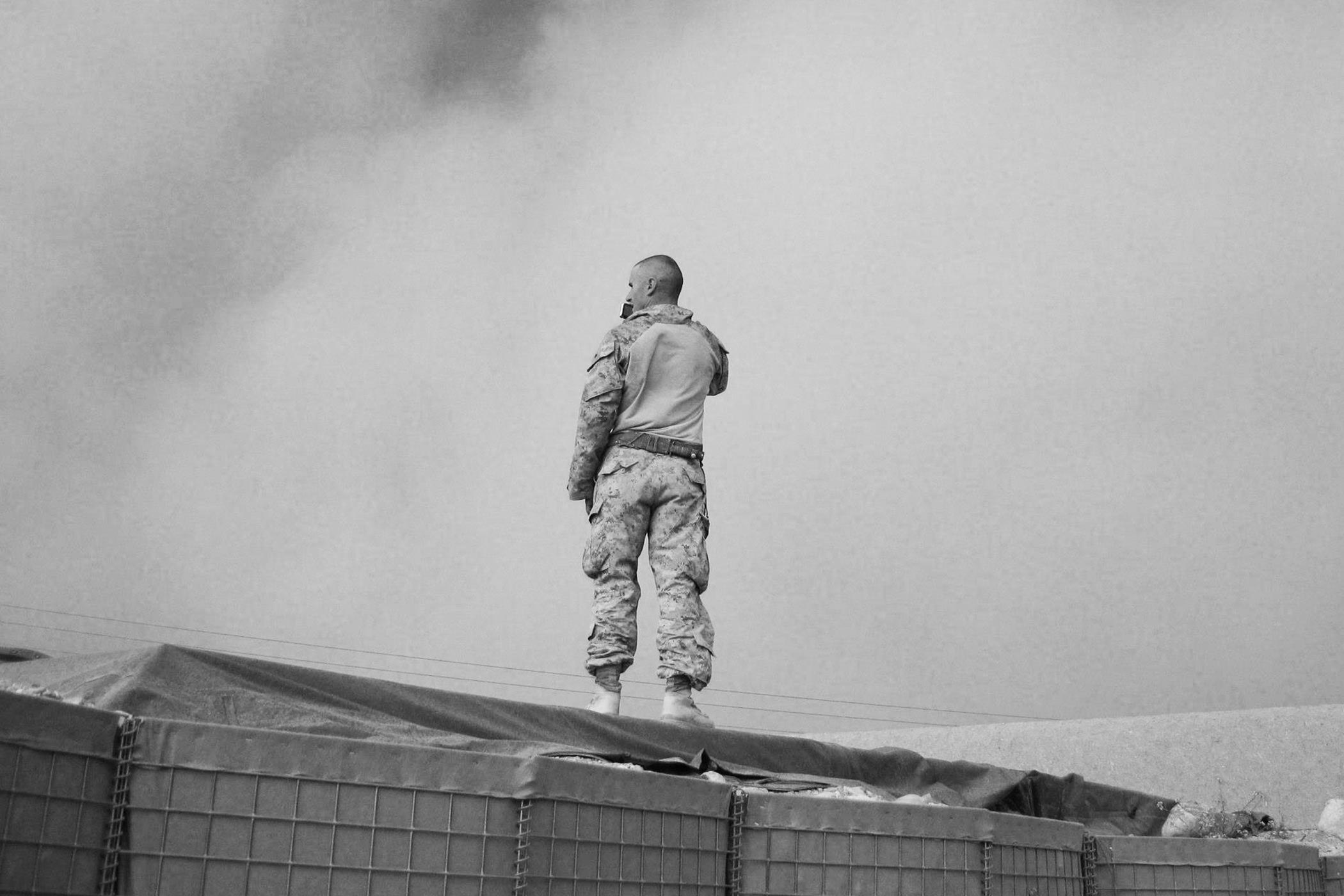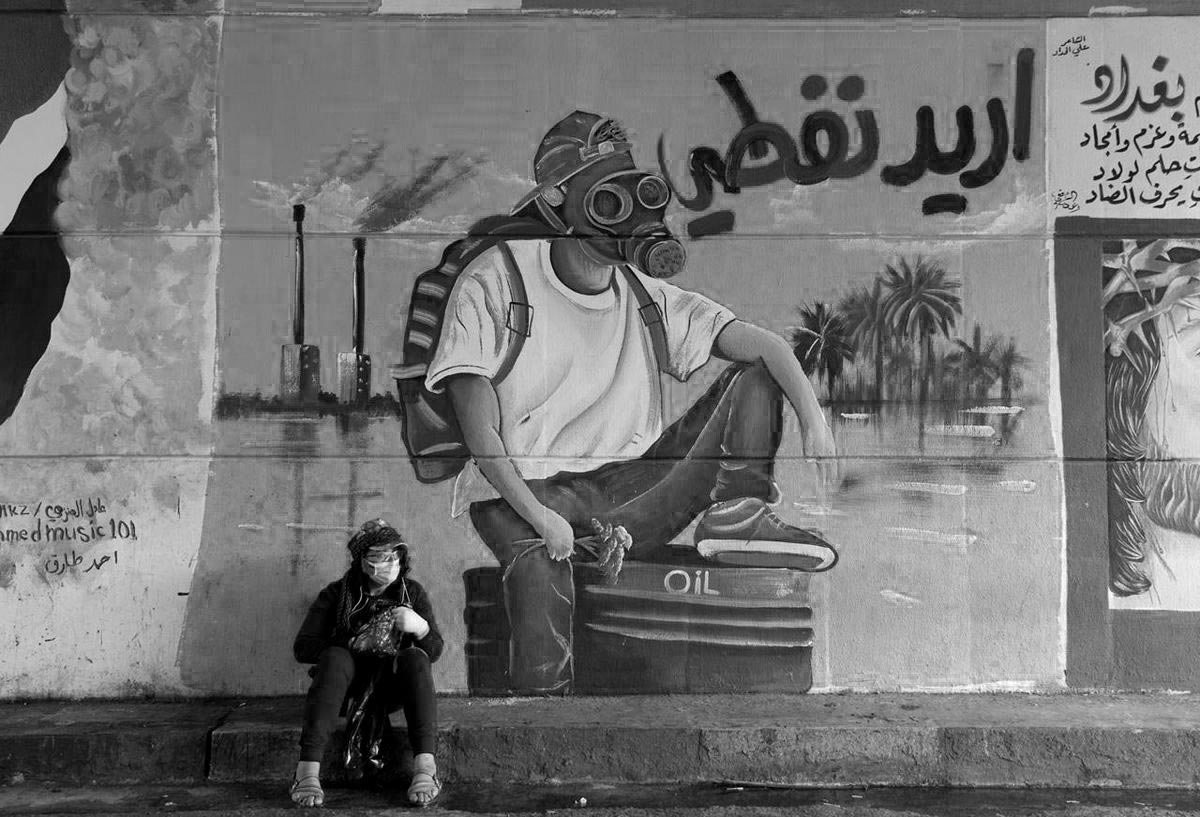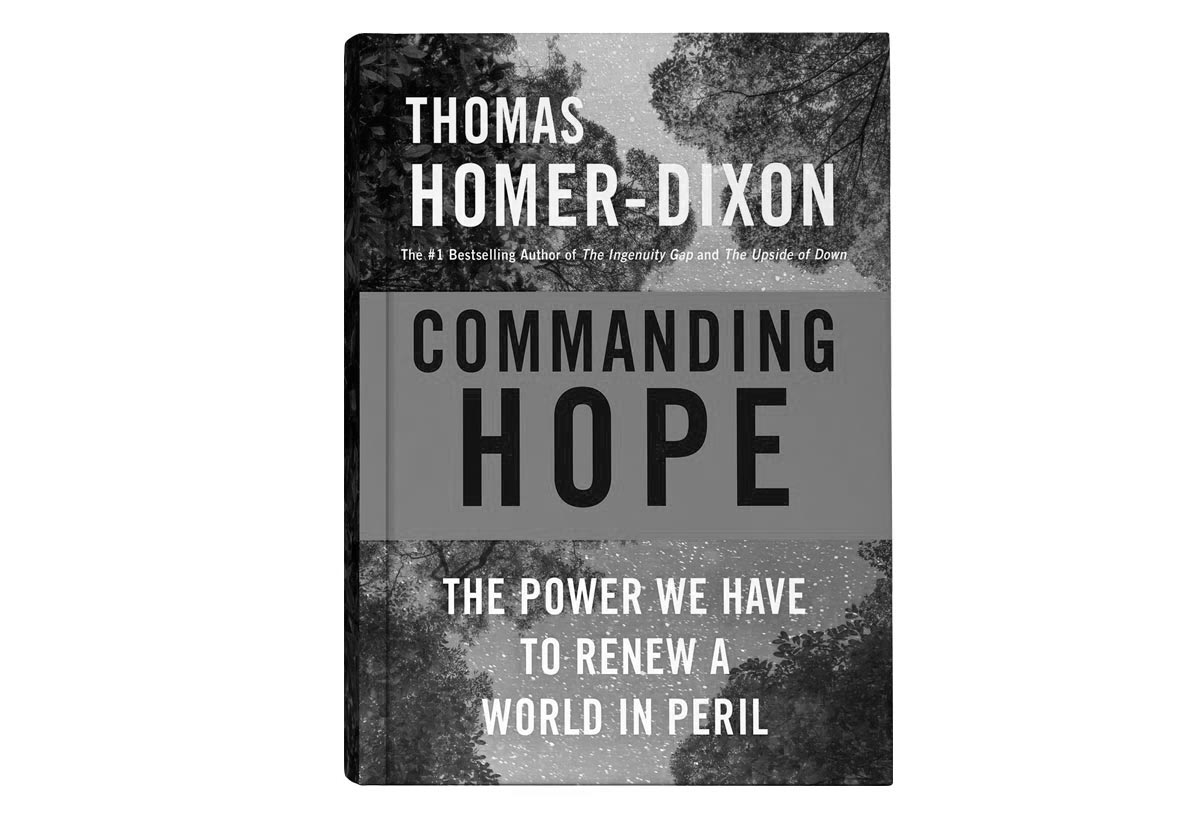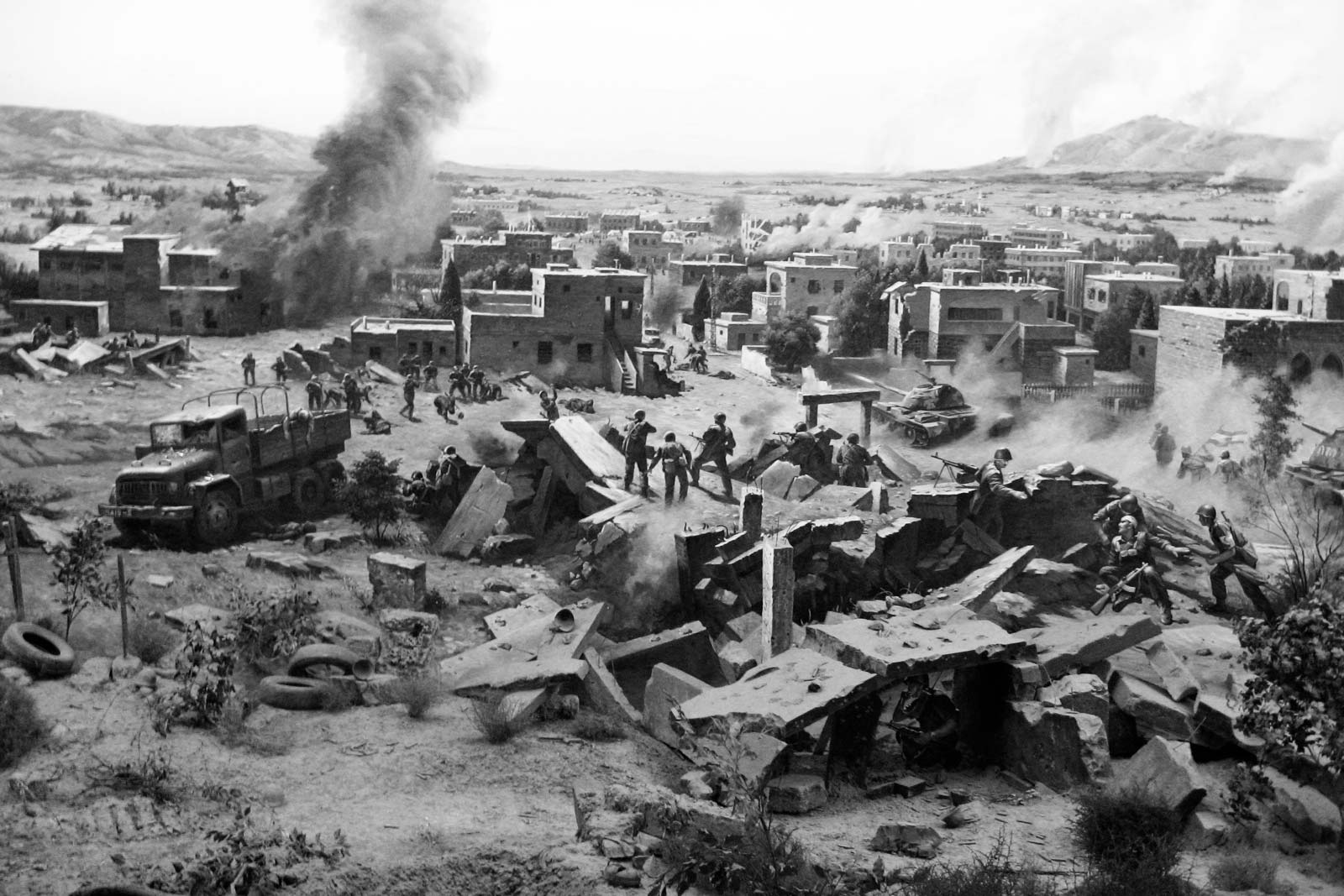conversations
CONVERSATIONS
Below you’ll find transcripts of some interesting interviews and conversations I’ve had over the last few years. You’ll also find some replies to critics of my research.
Interviews and Debates
April 18, 2017
Interview used in a BBC article, “How Western Civilization Could Collapse”. Read the article
May 1, 2012
Interview in the Bulletin of the Atomic Scientists on “Exploring the Climate ‘Mindscape’.”
Read the interview
March 1, 2011
Interview on Radio Ecoshock focussing on “Wicked Problems and Solutions.” See episode information.
March 19, 2010
Interview with TVO’s Alan Gregg on the book Carbon Shift.
March 24, 2009
Interview by Terrence McNally of Pacifica Radio in Los Angeles on The Upside of Down.
April 3, 2013
Interview on CBC Radio’s As It Happens discussing “The Tar Sands Disaster.” Listen to the Interview.
February 1, 2011
![]() A CIGI Inside the Issues interview with David Welch on climate change. Watch the interview
A CIGI Inside the Issues interview with David Welch on climate change. Watch the interview
September 19, 2010
Interview with Eric Paglia of Think Globally Radio, Stockholm, Sweden, on “Risk, uncertainty, and transformation in a time of crisis.”
February 4, 2009
Interview for KMO C-Realm podcast on “The Growth Imperative.”
August 25, 2003
Conversation with the Rt. Honourable Paul Martin about the Internet and the revitalization of democracy. Read the conversation
November 30, 2001
Interview by Ted Rutland of the webzine Uncommon Good on the subject of The Ingenuity Gap. Read the interview
Criticism & Response
Straw Man in the Wind
An exchange with David Victor in The National Interest on the links between resource and environmental stress and violent conflict.
Cause and Effect
Thomas Homer-Dixon writes here on causality in complex systems, in response to Alex de Waal’s earlier post Is Climate Change the Culprit for Darfur? and to Declan Butler’s June 28th Nature article Darfur’s climate roots challenged.
Beyond Management: How and Why Kymlicka Is Wrong
Response to book review “Panarchy and Dystopia.” Toronto Globe and Mail, November 11. 2006, by Will Kymlicka.
Exchange on Violent Environments
with Nancy Peluso and Michael Watts | ECSP invited Homer-Dixon, Peluso, and Watts to engage in a dialogue about how Violent Environments characterized Homer-Dixon’s work as well as the future of environmental security research.
The Environment and Violent Conflict: A Response to Gleditsch’s Critique and Suggestions for Future Research
with Daniel Schwartz and Tom Deligiannis | The environment, population, and conflict thesis remains central to current environment and security debates. During the 1990s, an explosion of scholarship and policy attention was devoted to unraveling the linkages among the three variables.
Correspondence – Environment and Security
Professor Marc Levy of Princeton University has published several critiques of recent scholarship on environmental security, including one in International Security. Thomas Homer-Dixon responds to his comments.
In the Press
Articles about Thomas Homer-Dixon
Pandemic Log
A running commentary on the unfolding pandemic
The world seems dire. But we must not give up on hope
To believe in the possible and to make the possible real, we must recognize that the right kind of hope can be a tool of change, and we must give our hope the muscle it requires in our present crisis.
Hope has seen better days. But Thomas Homer-Dixon has written a book for ‘those who choose to fight’
The rising risk of nuclear war. Donald Trump’s 2016 election. Vast clouds of wildfire smoke. A global pandemic. These four things seem like apples and oranges, but they share one key similarity: each signals that something is going awry in the story of human progress.
Alberta’s economic future in peril without shift away from fossil fuel
by Gordon Kent | Alberta needs to start shifting quickly out of the oilsands to avoid serious economic trouble as the world moves away from fossil fuels, a University of Waterloo professor says.
Author Sees Early Best-Before Date for Alberta’s Oilsands
by Maurice Smith | Alberta chose the wrong path when it doubled down on the “junk energy” contained in the oilsands in recent years, and must move fast to join the energy transition away from fossil fuels if it hopes to avoid falling off the climate change cliff.
How Western Civilization Could Collapse
by Rachel Nuwer | The political economist Benjamin Friedman once compared modern Western society to a stable bicycle whose wheels are kept spinning by economic growth. Should that forward-propelling motion slow or cease, the pillars that define our society would begin to teeter.
How Climate Change’s Effect on Agriculture can Lead to War
by Ryan Bort | On February 12, the temperature in Magnum, Oklahoma, reached 100 degrees. It was a state record for the month of February, besting a mark that was set in 1918. The average February high in Magnum is 56.








